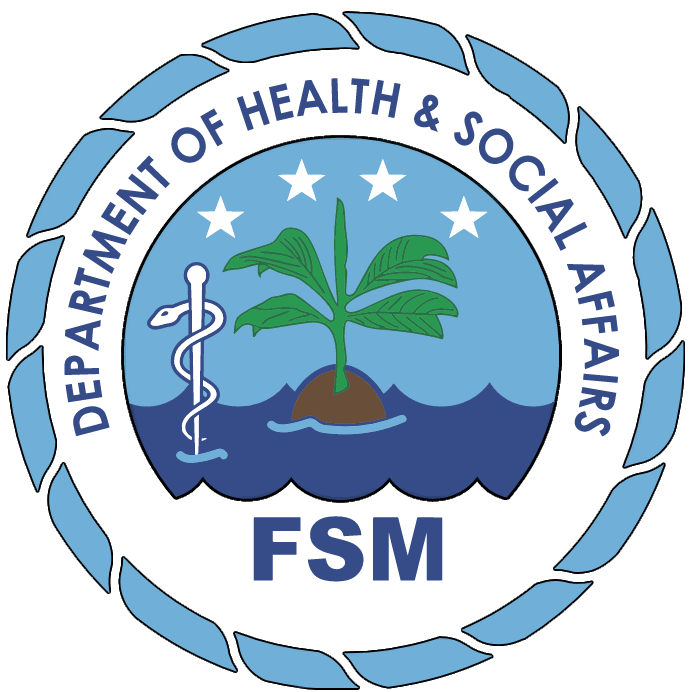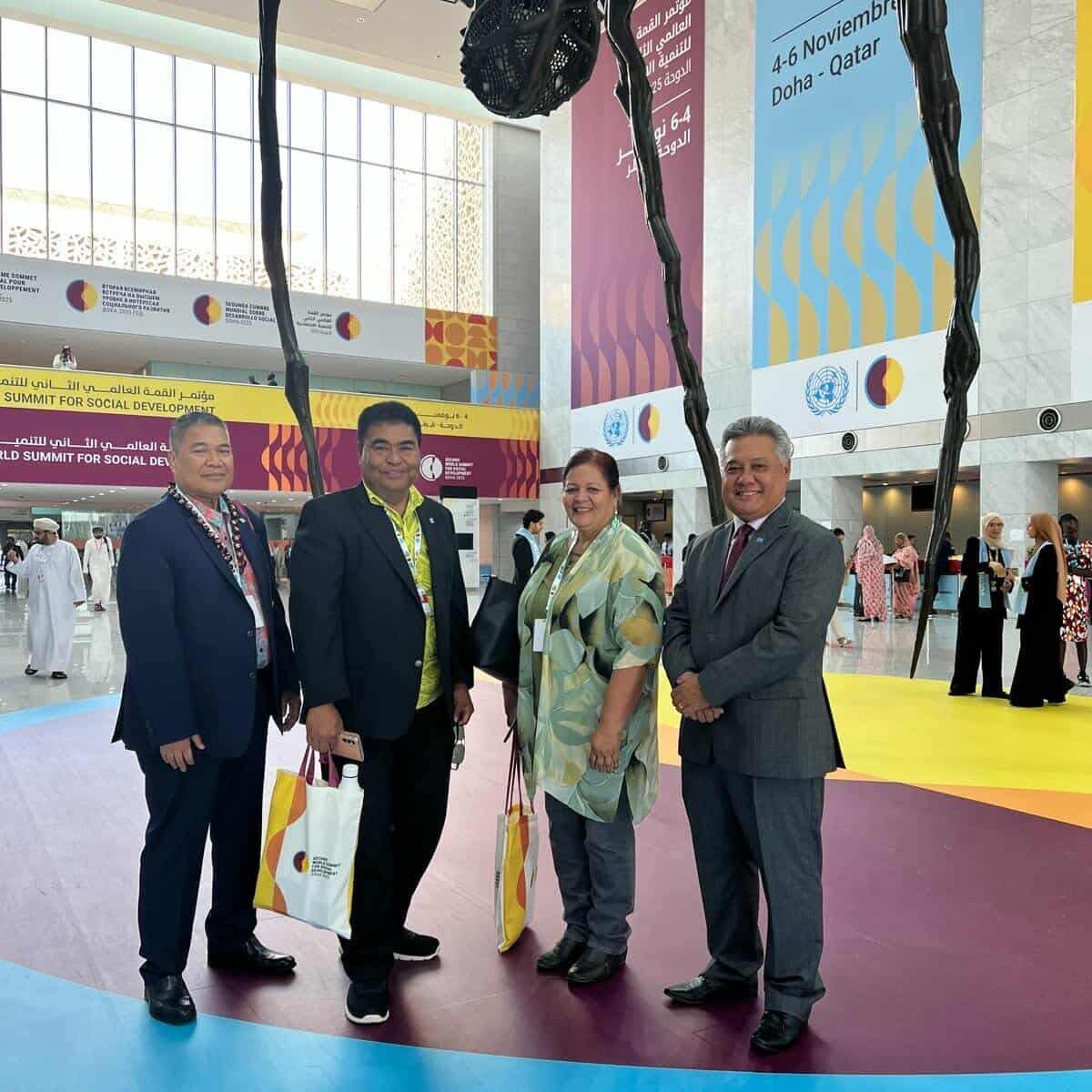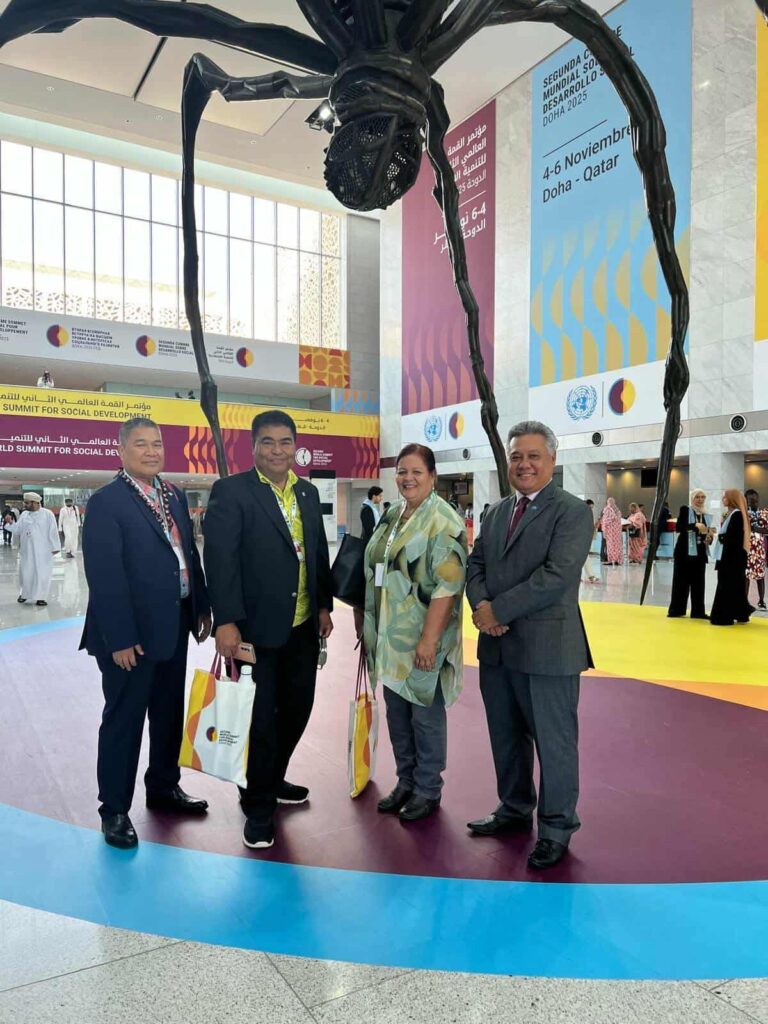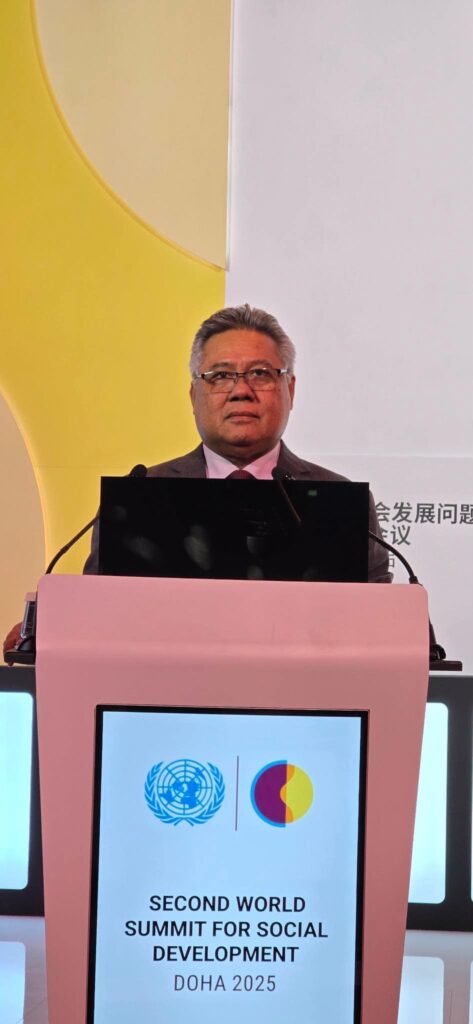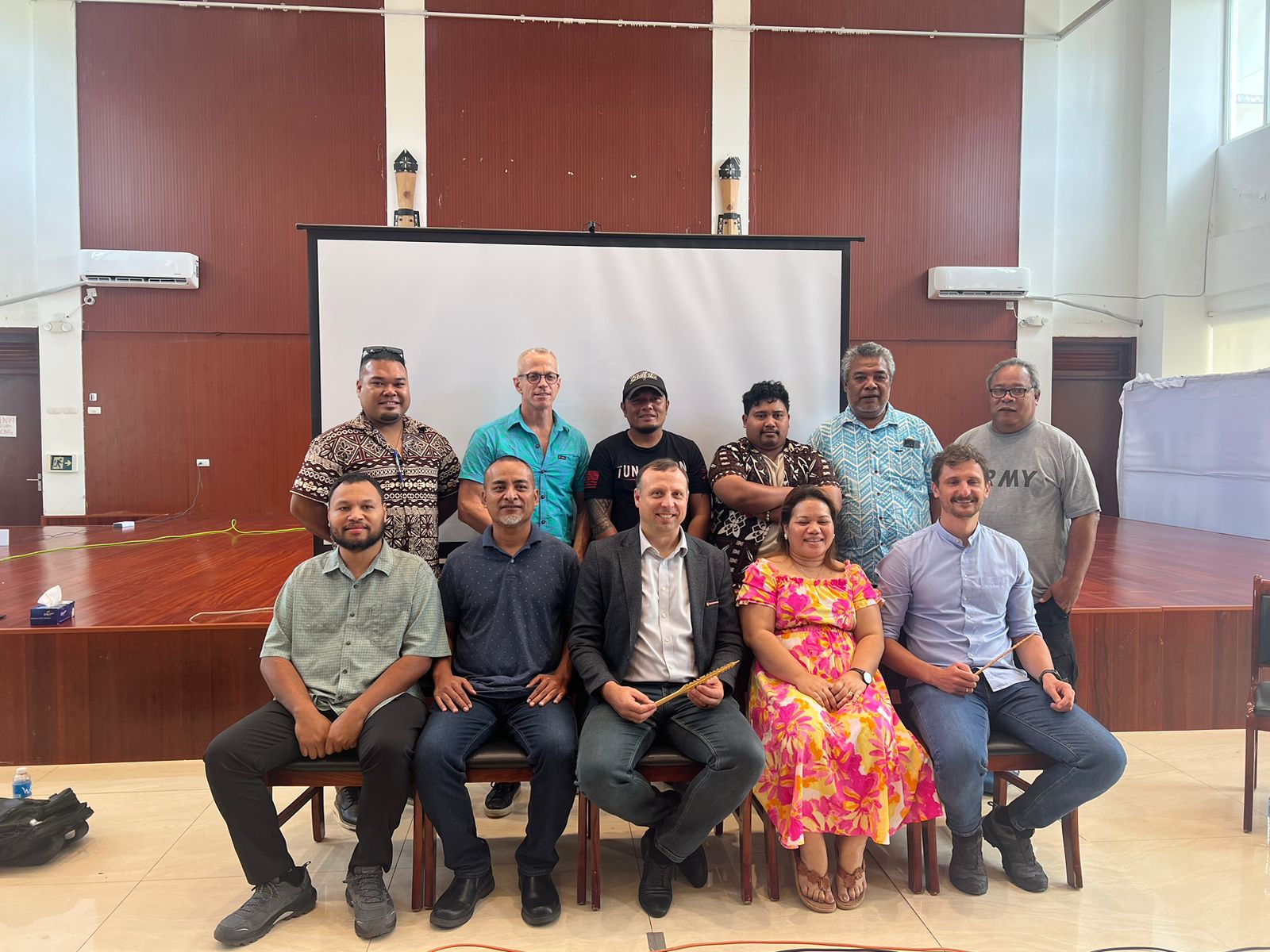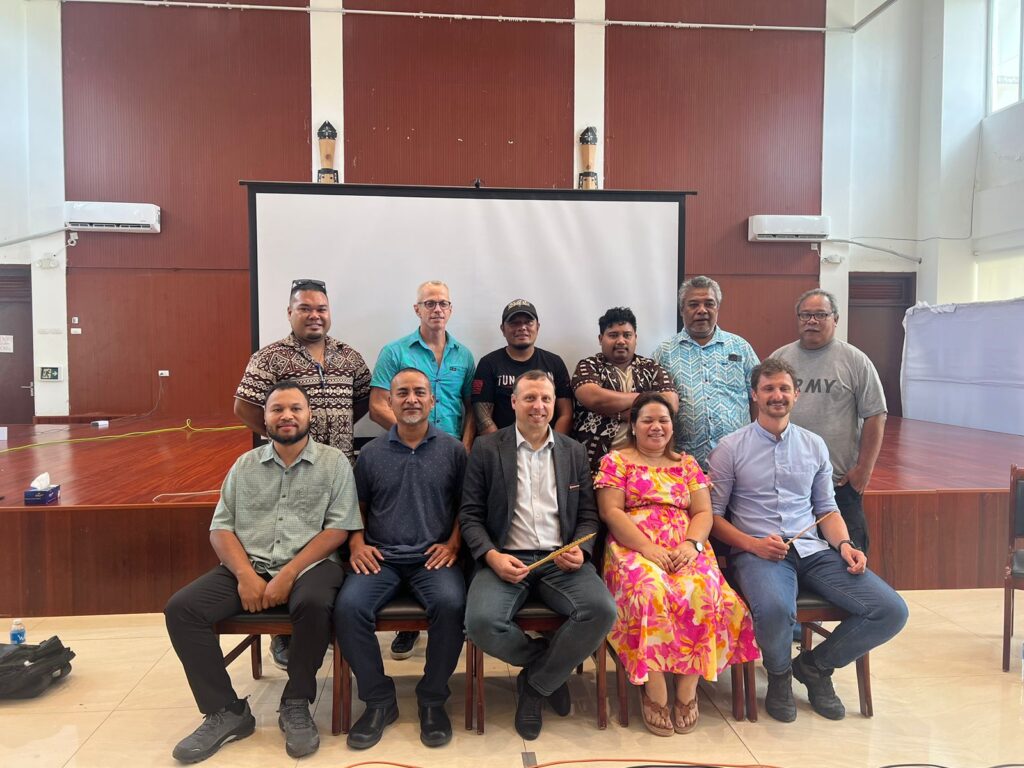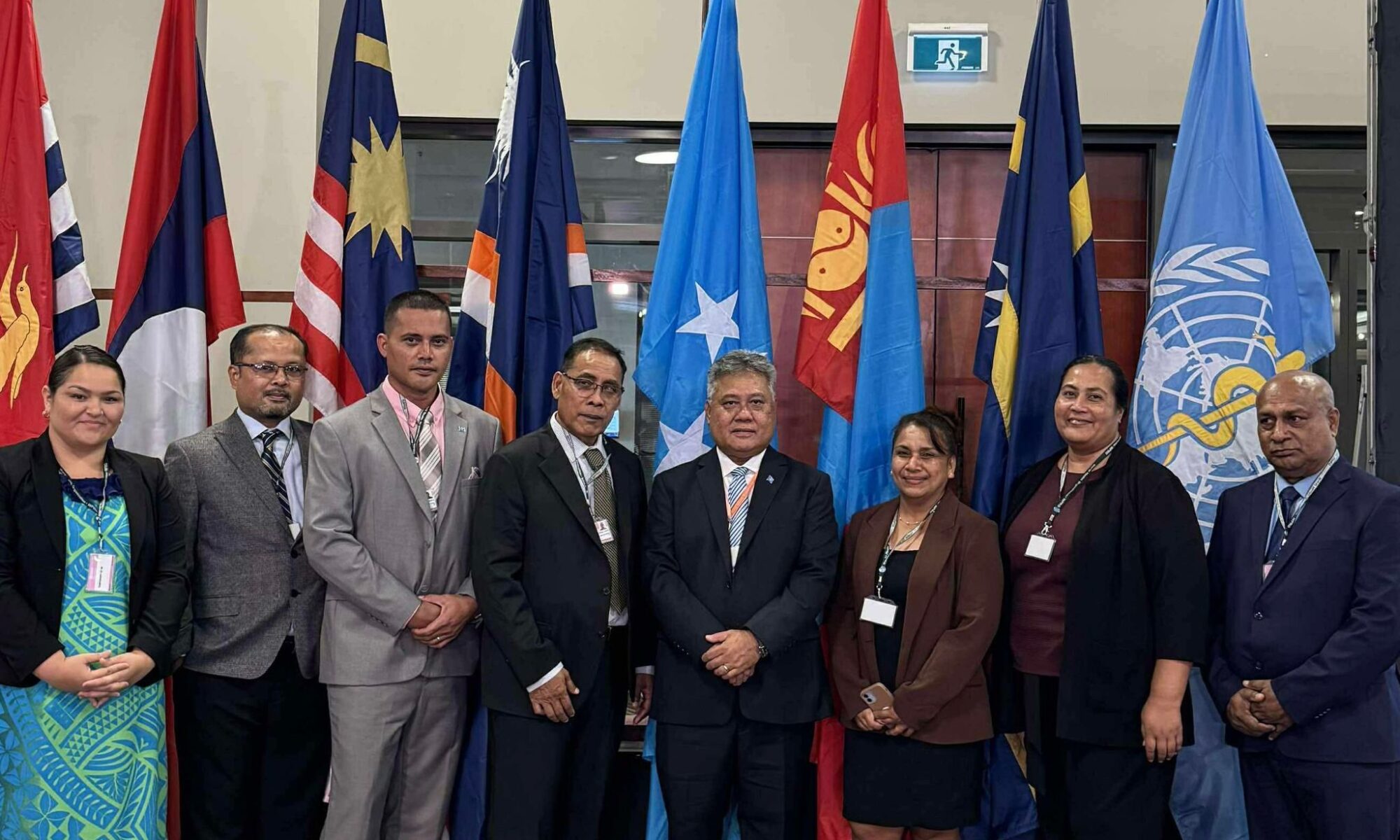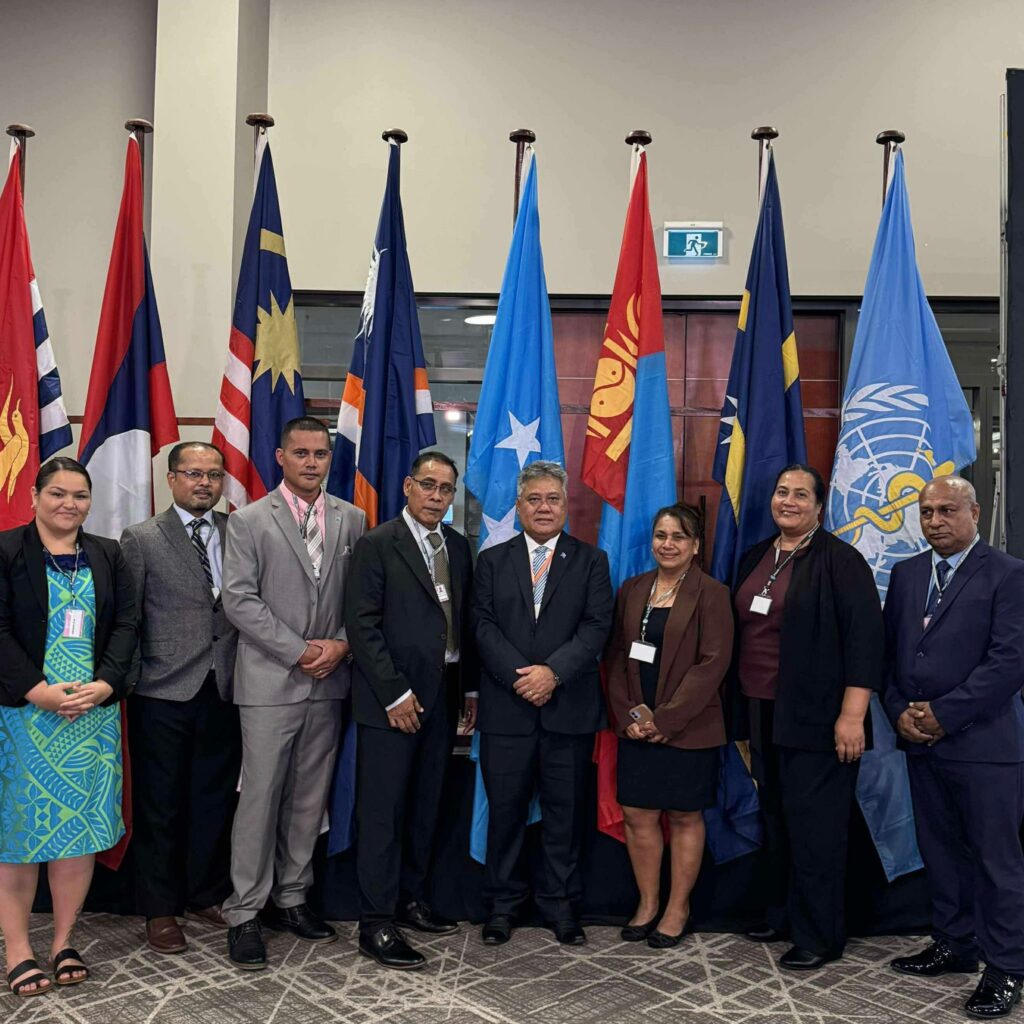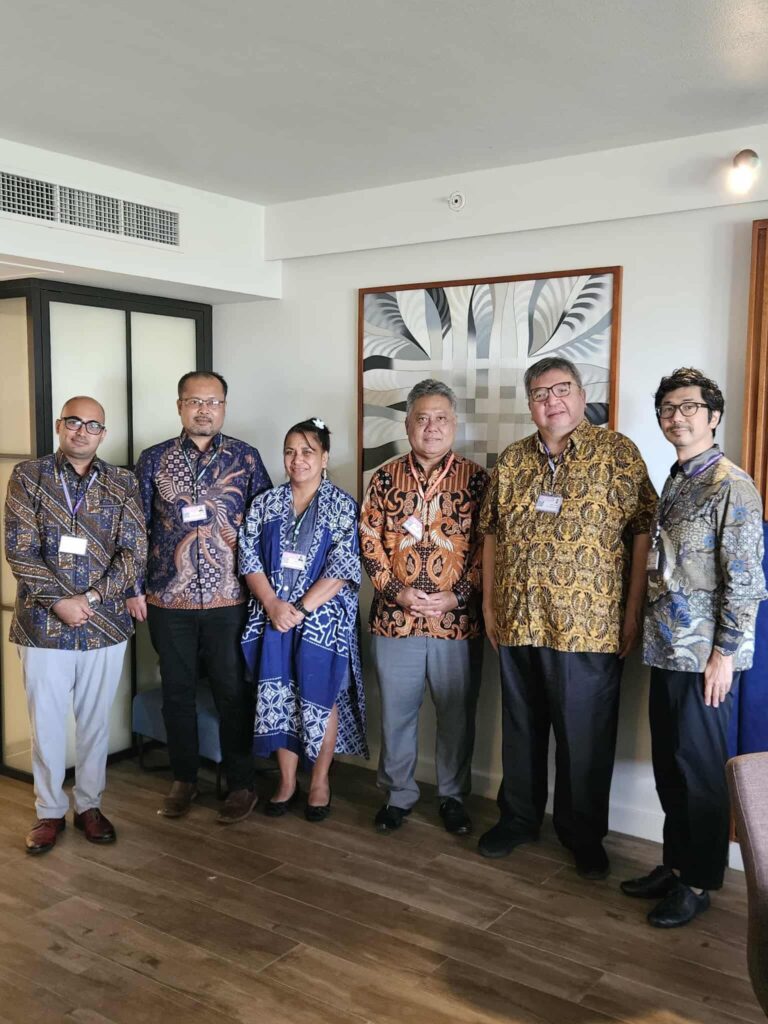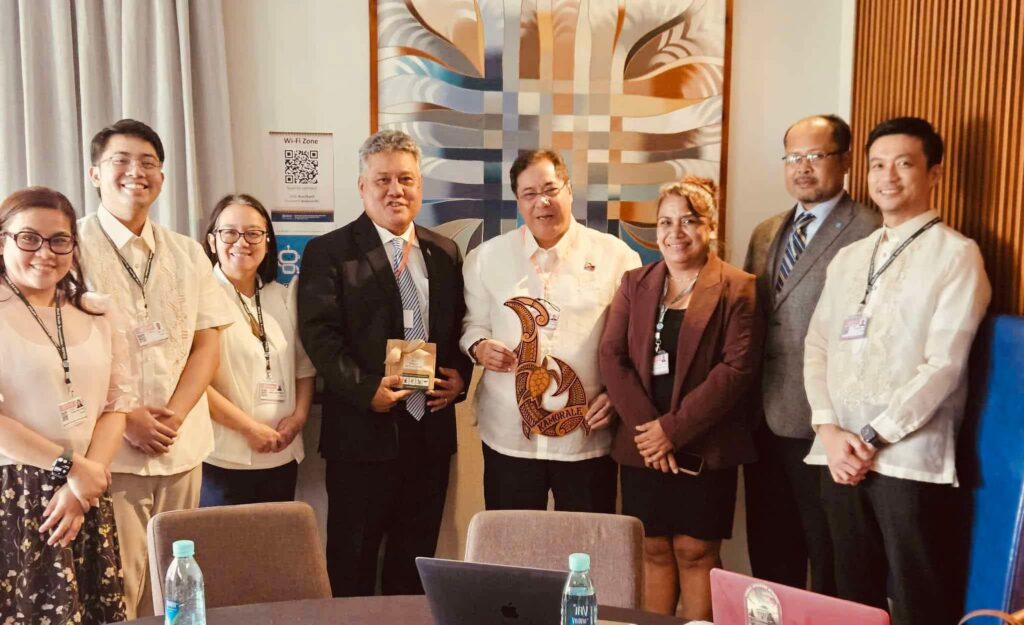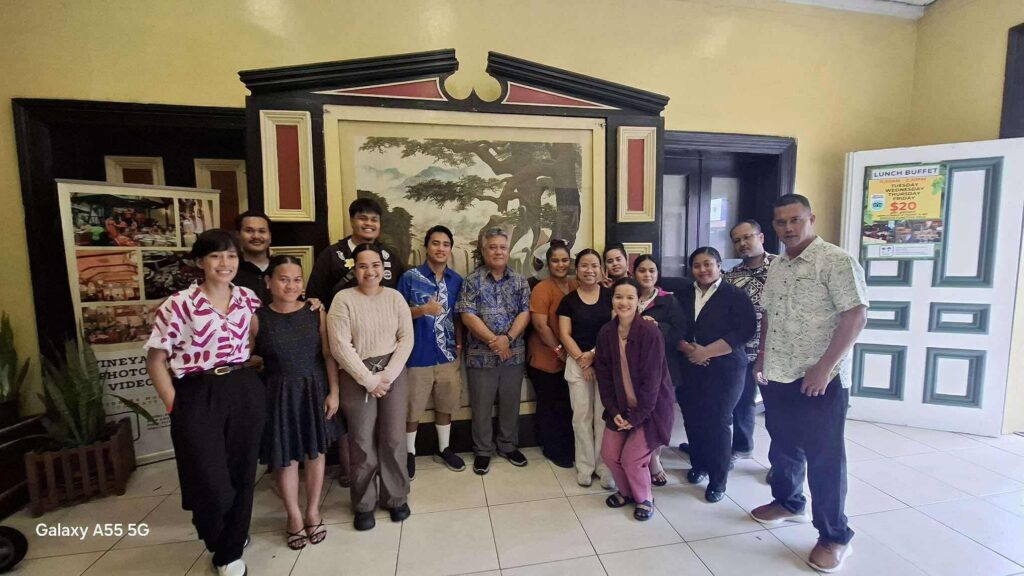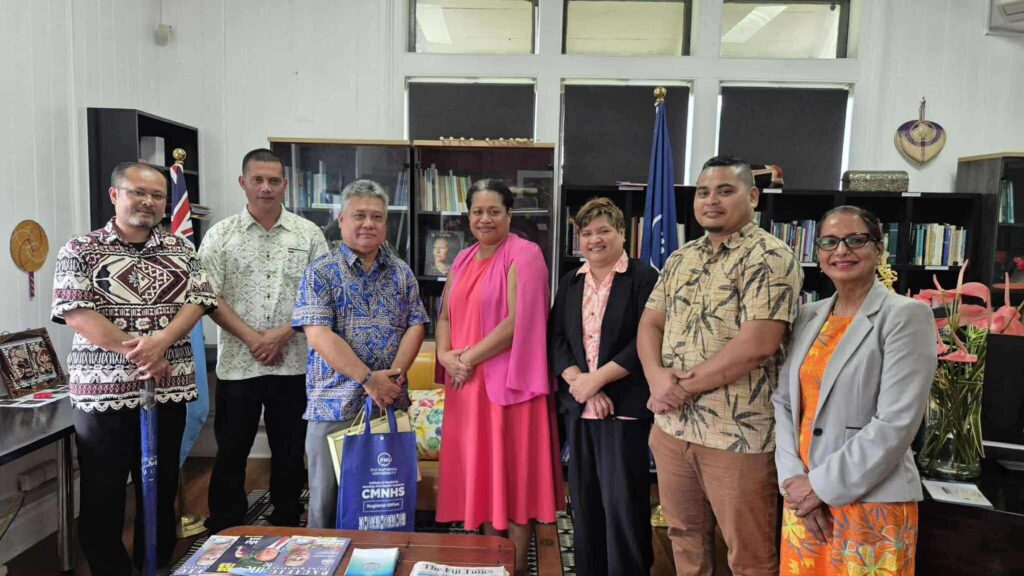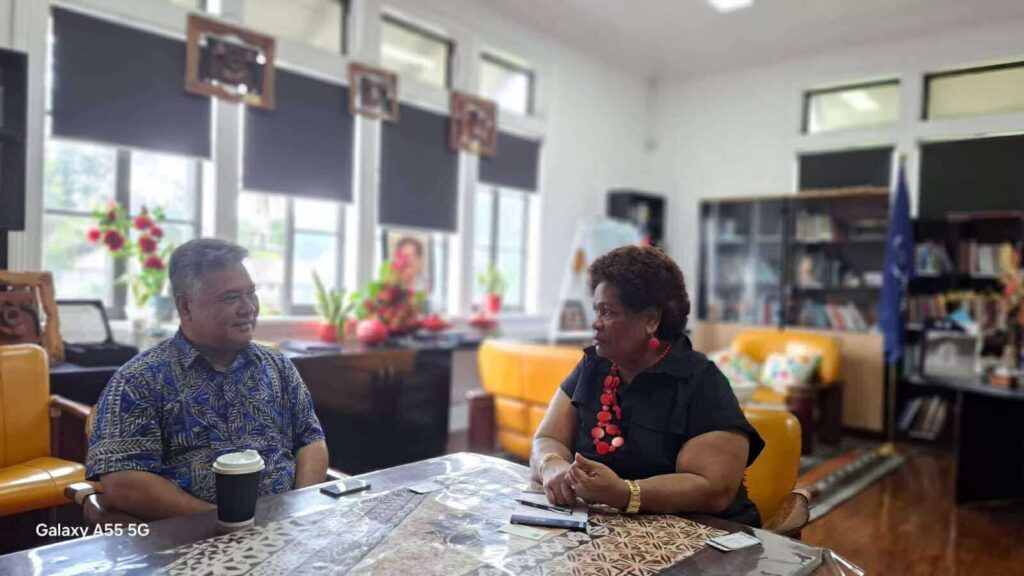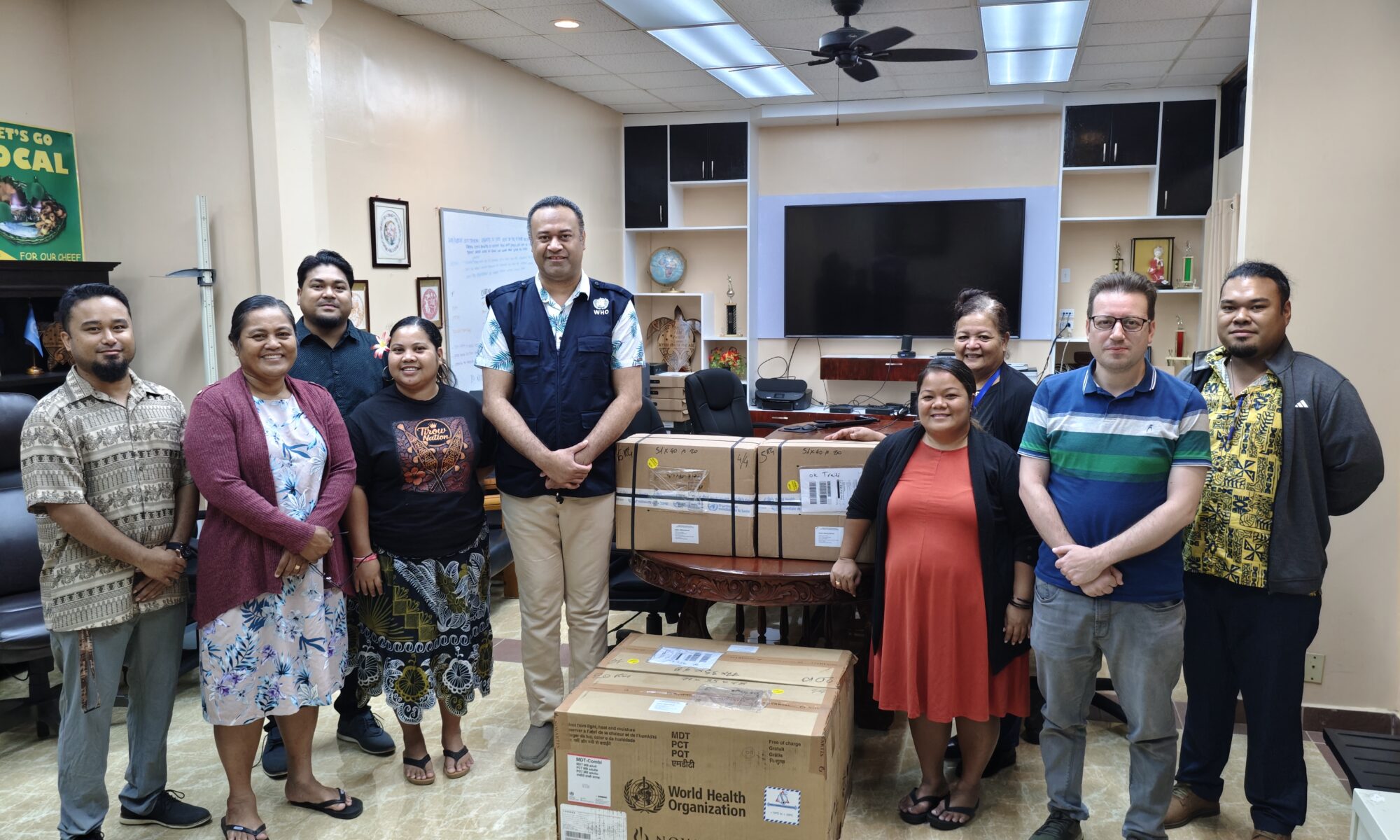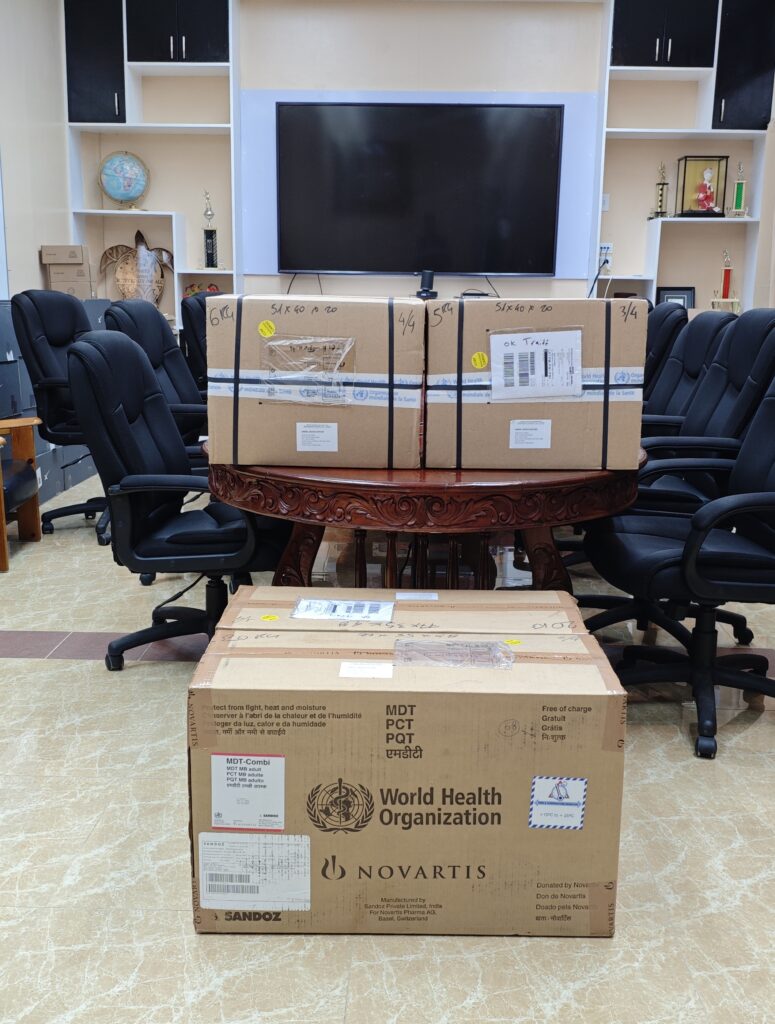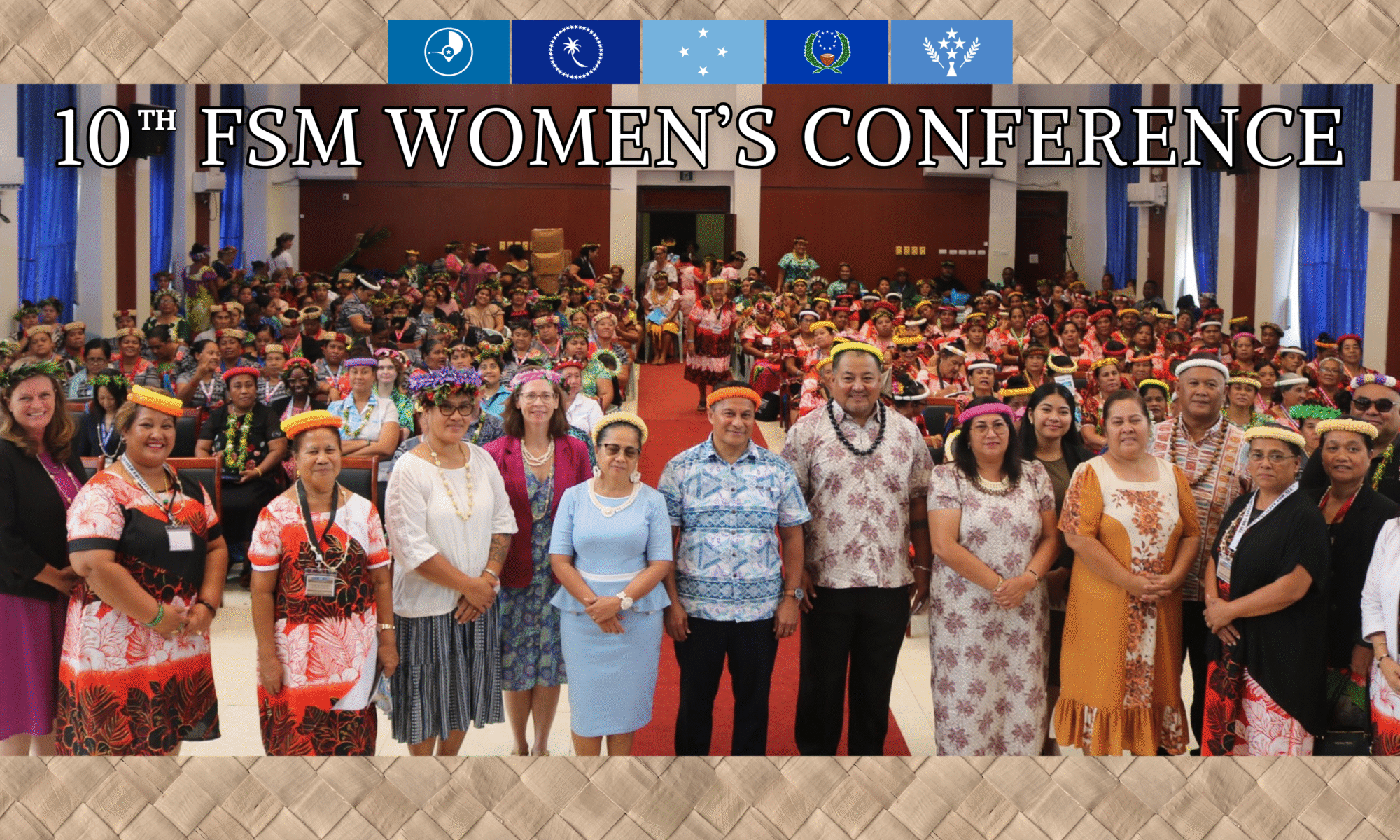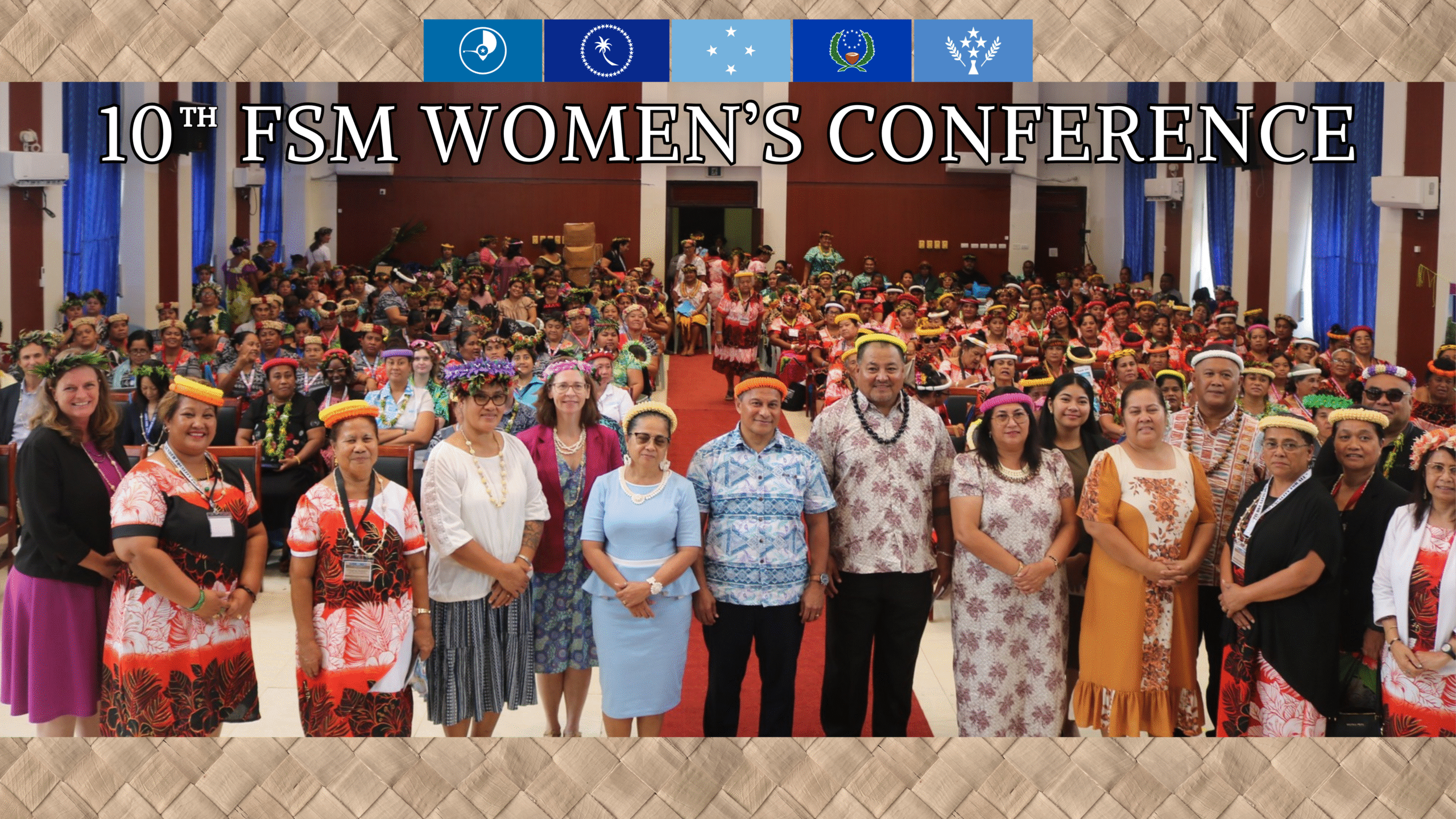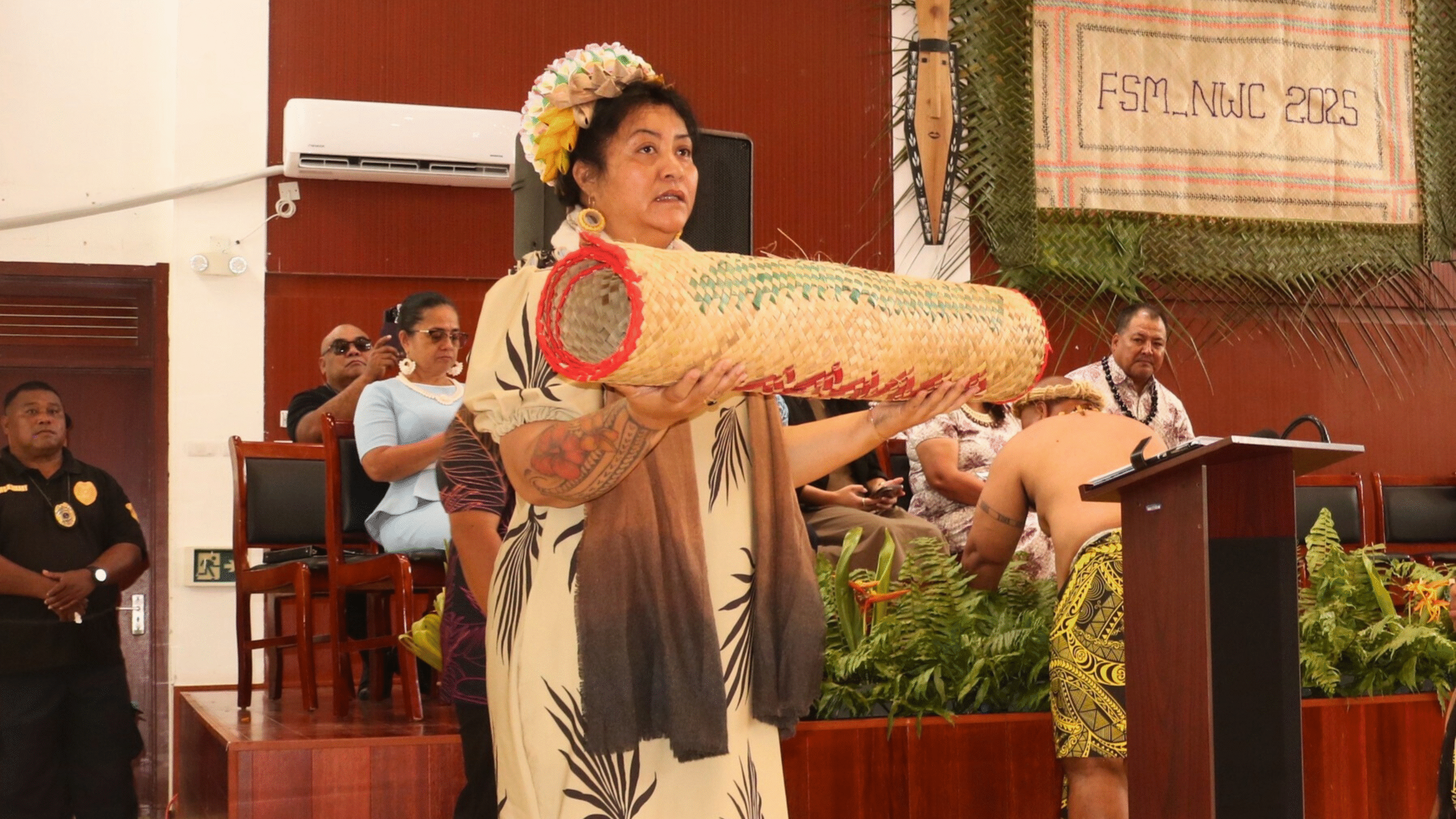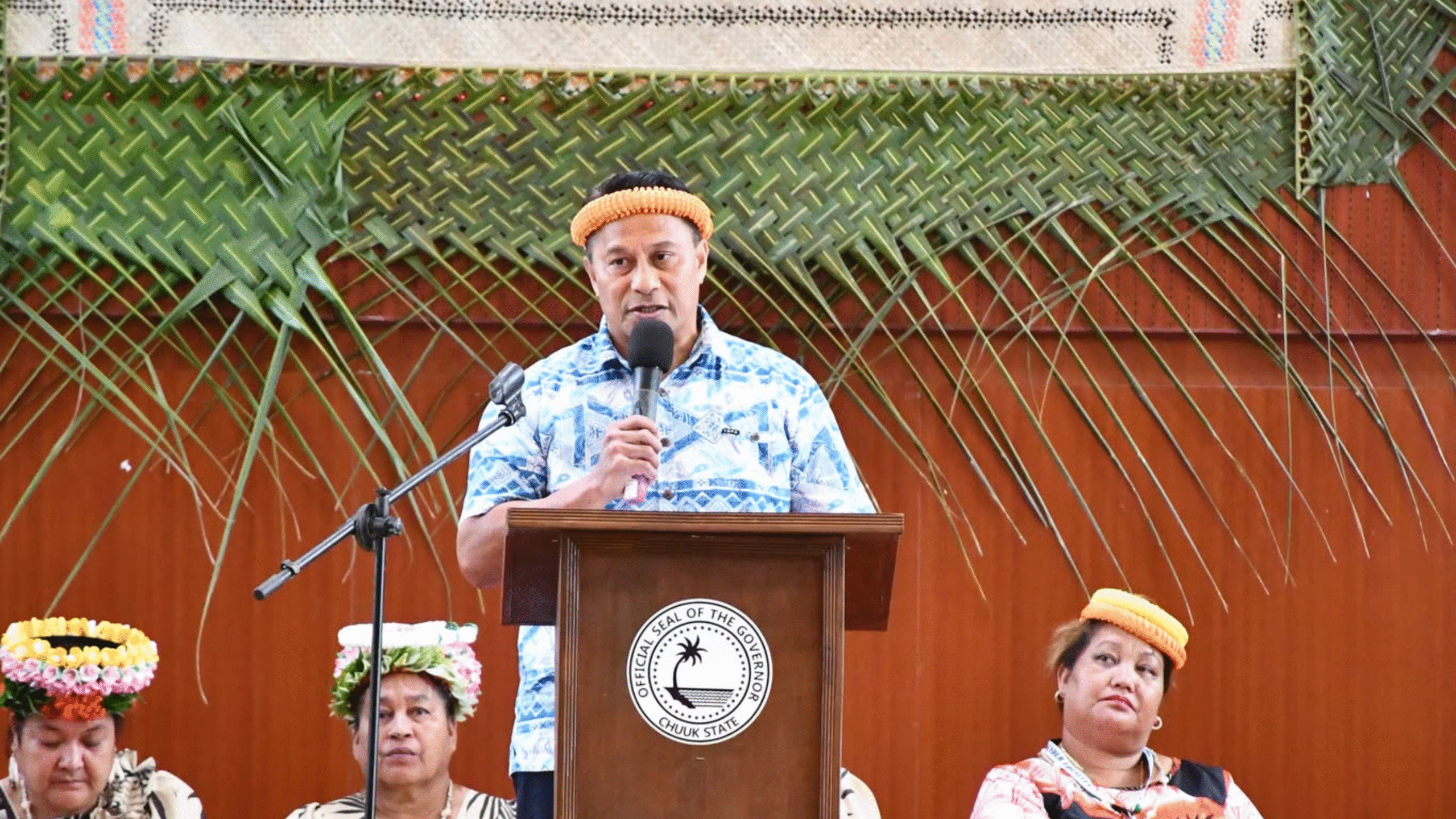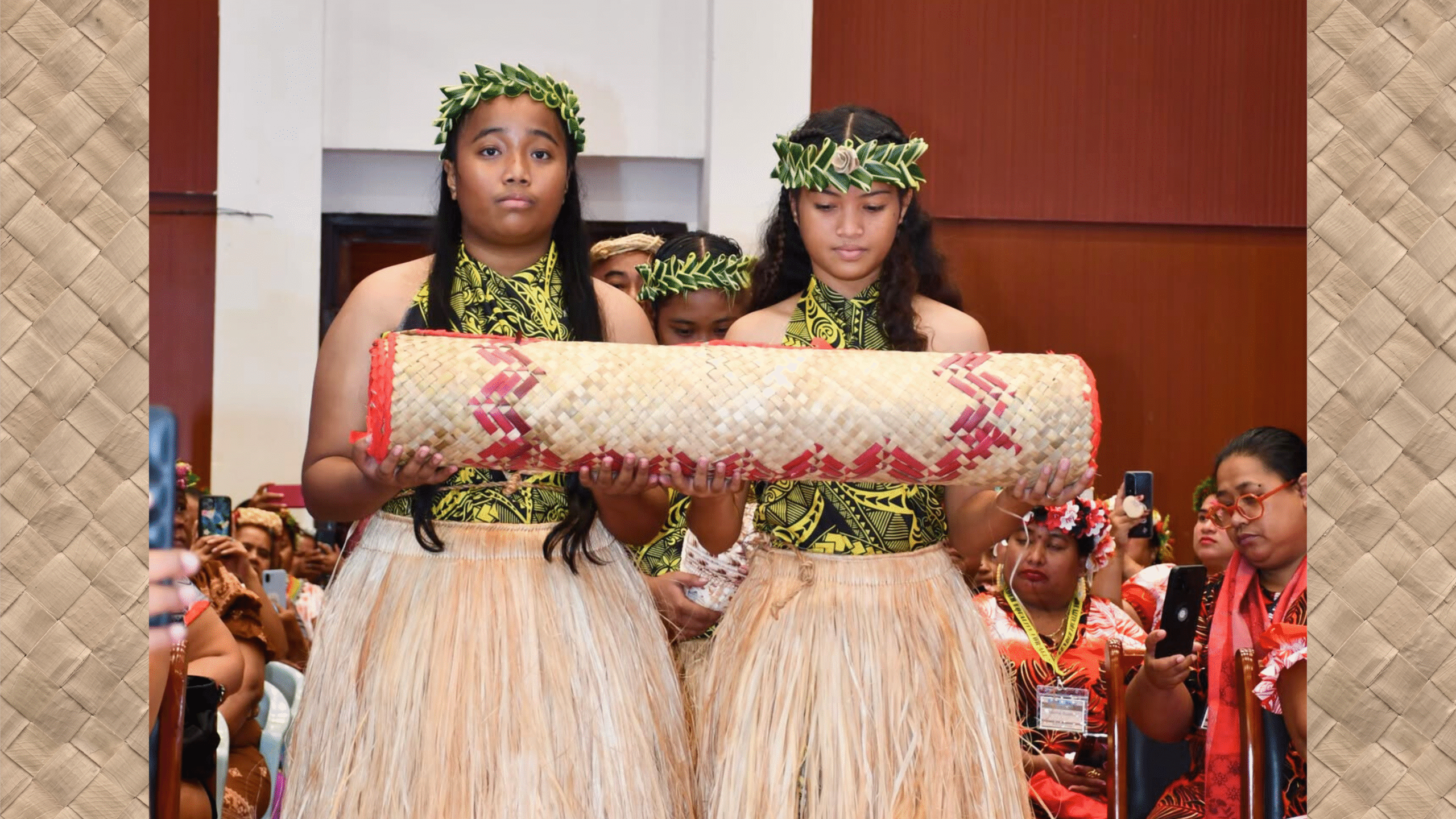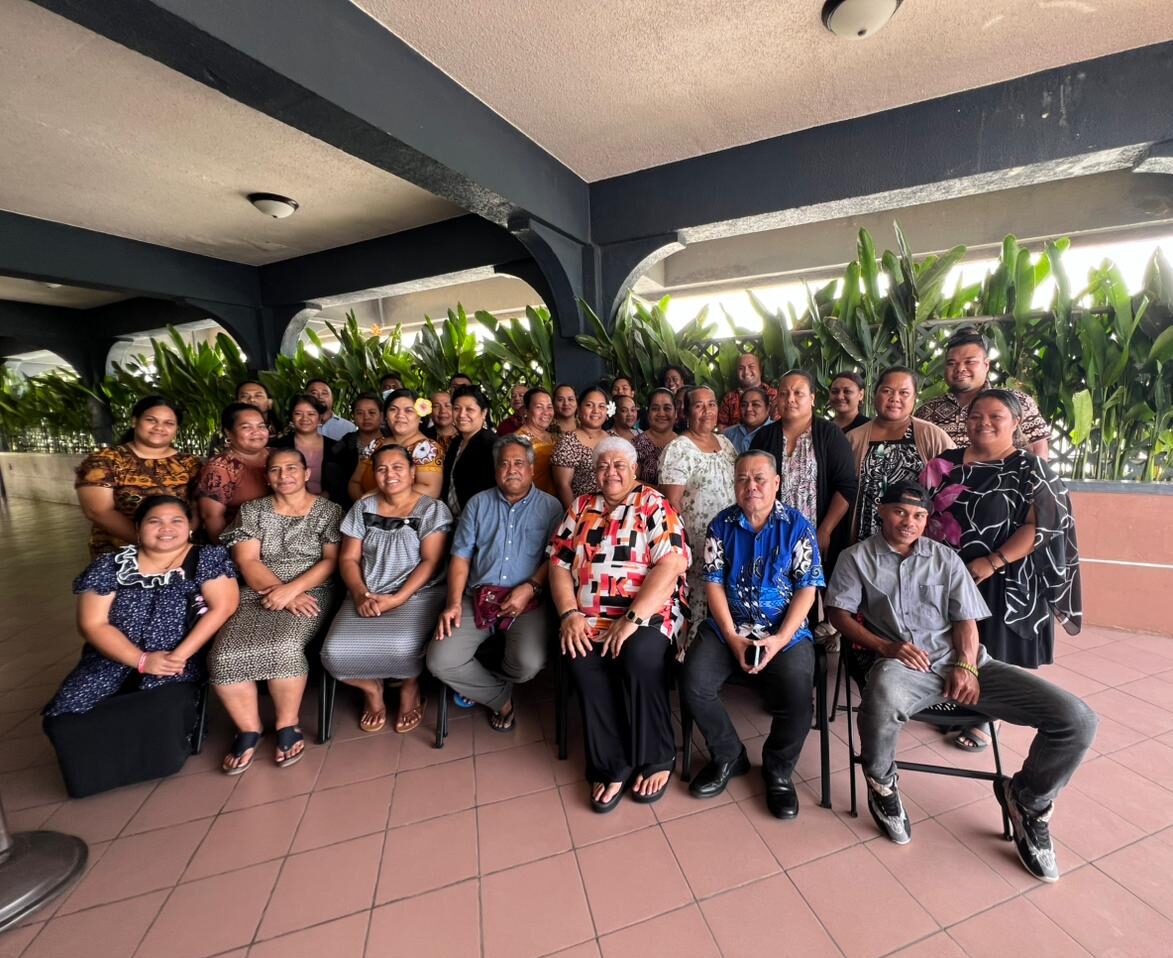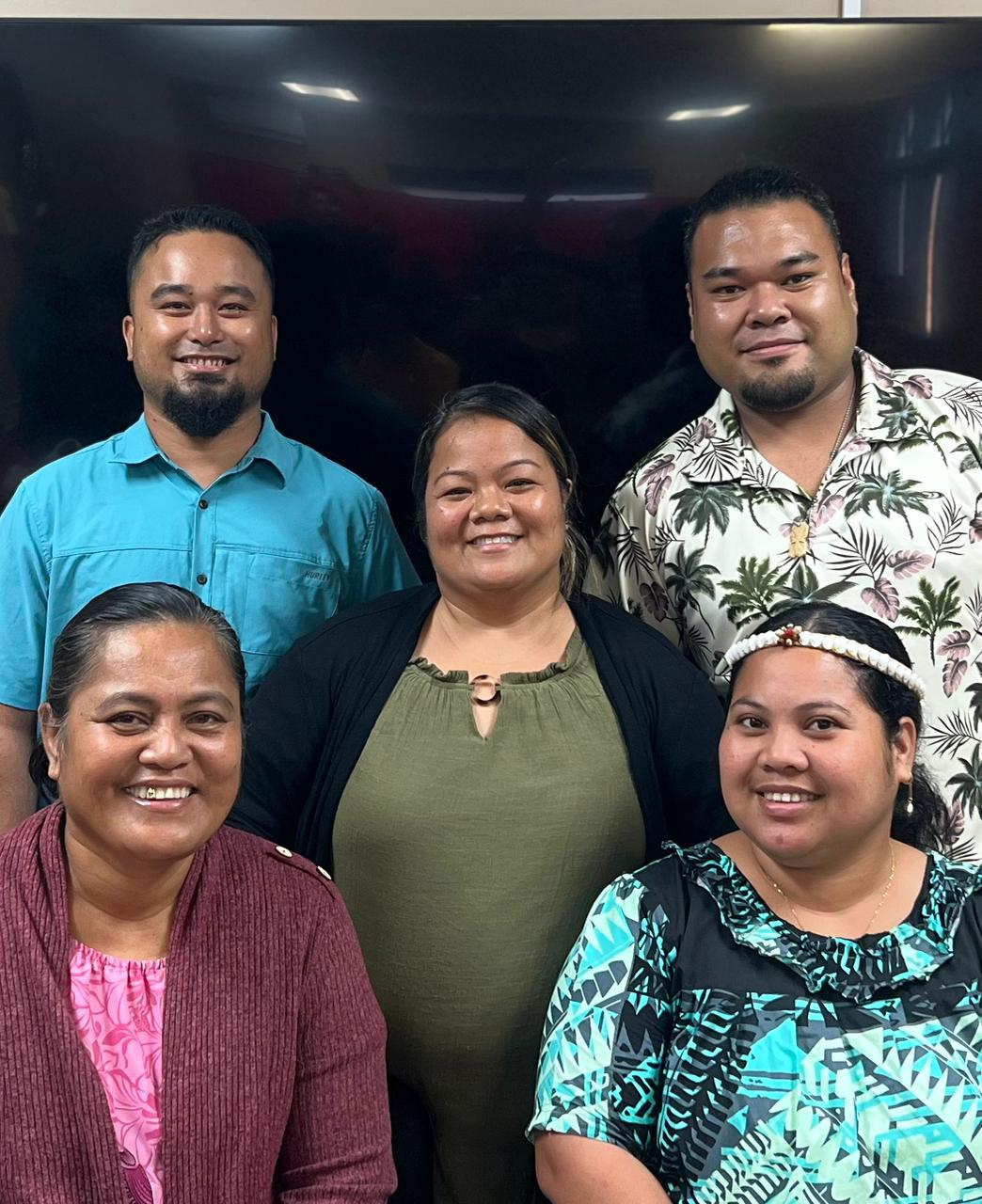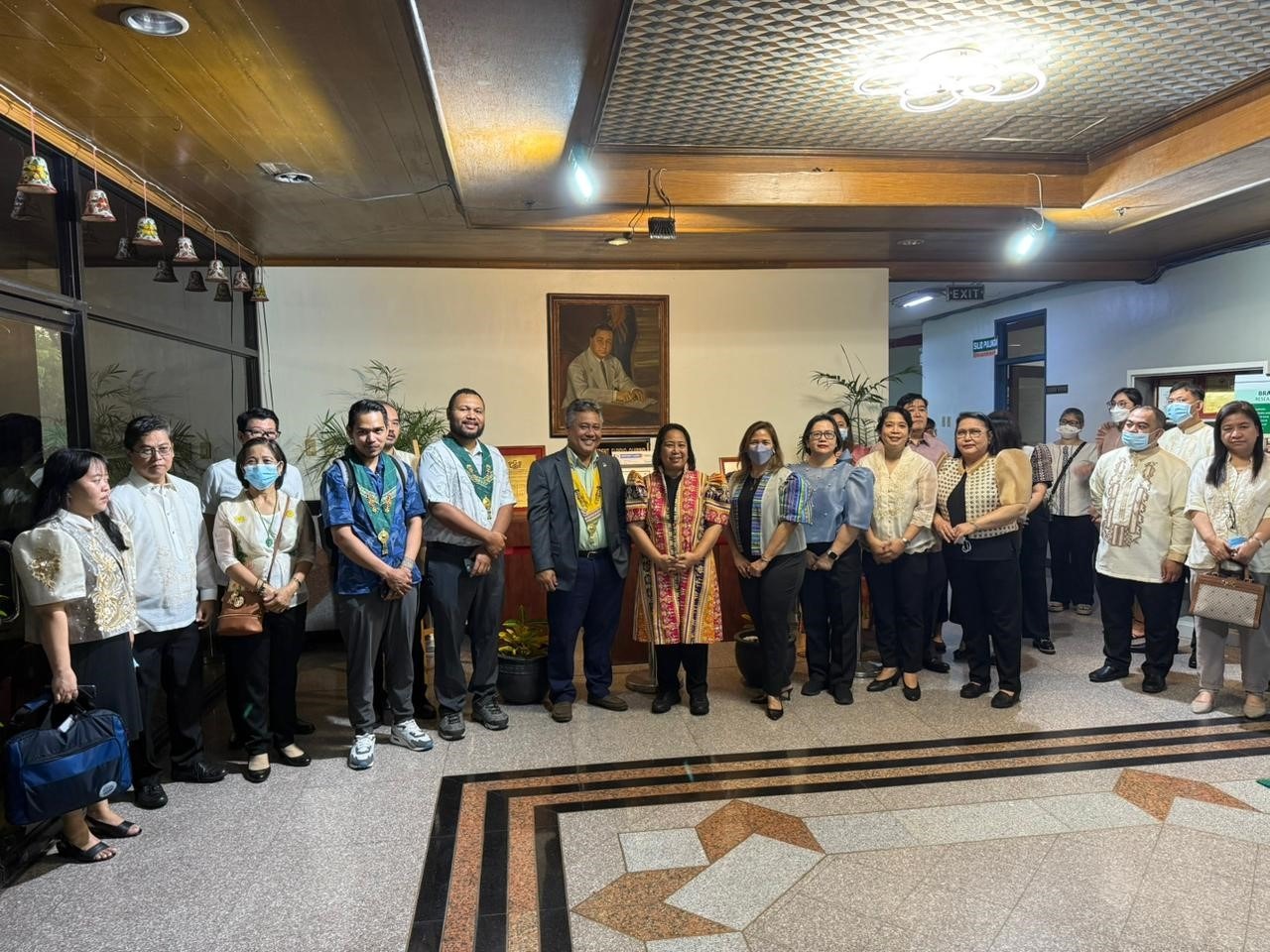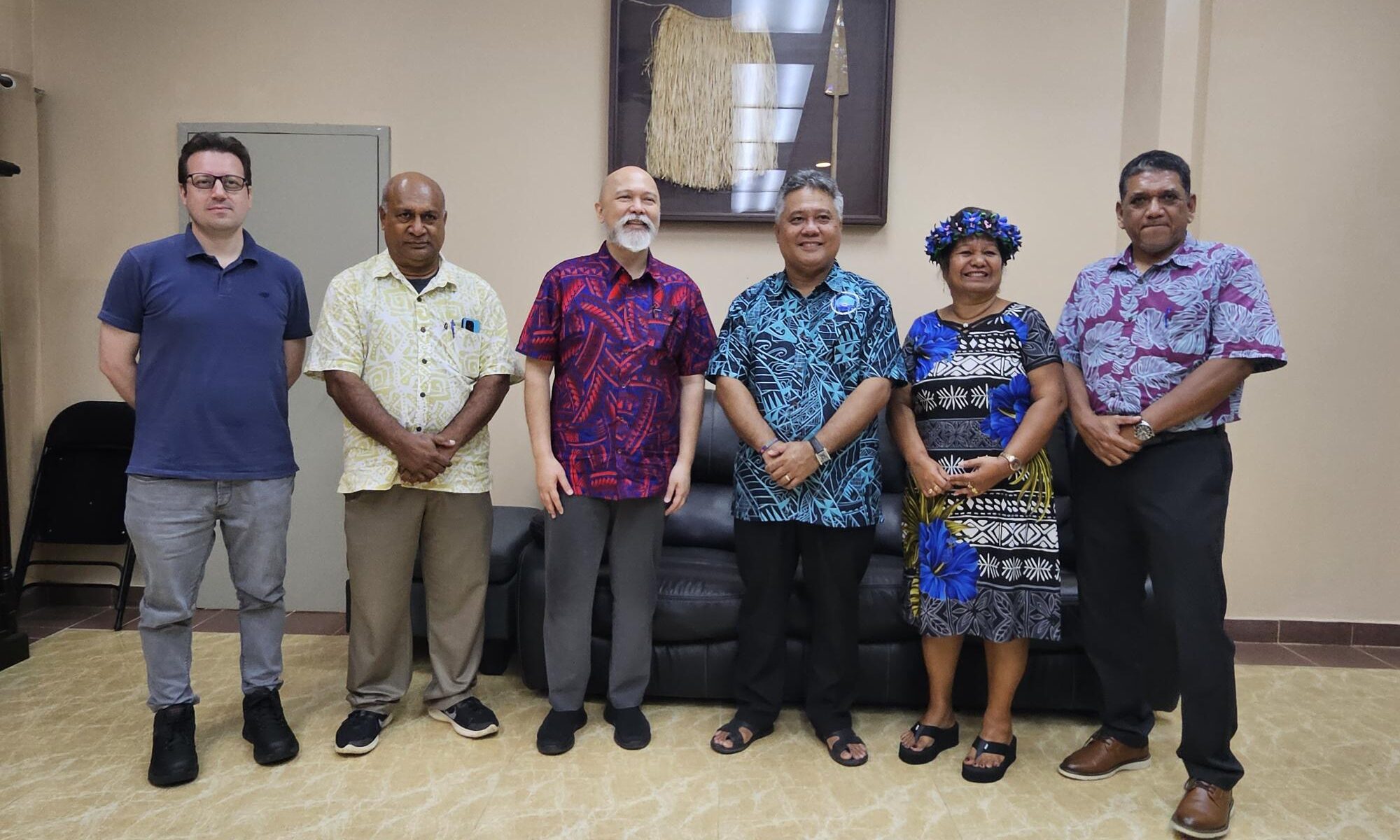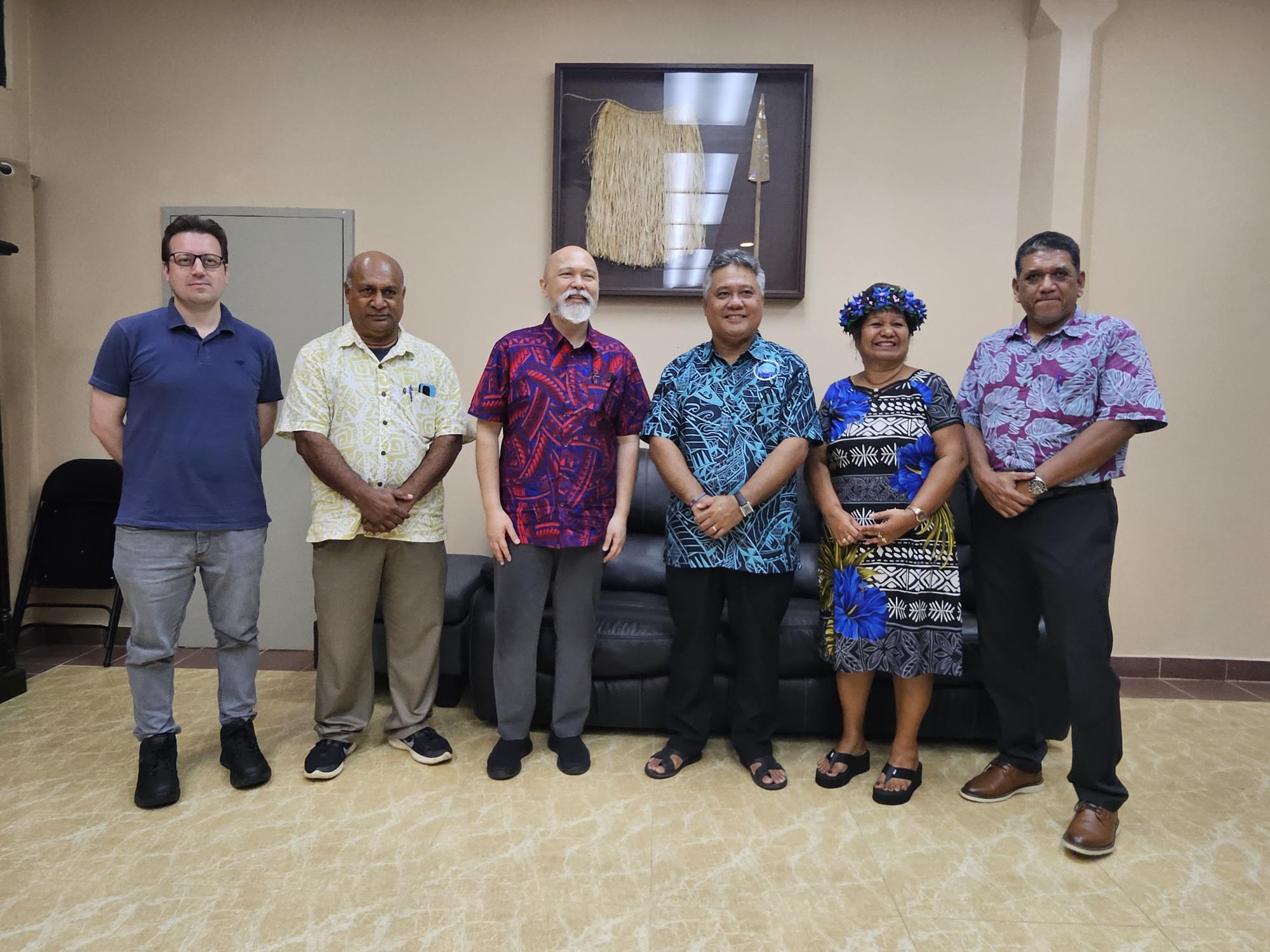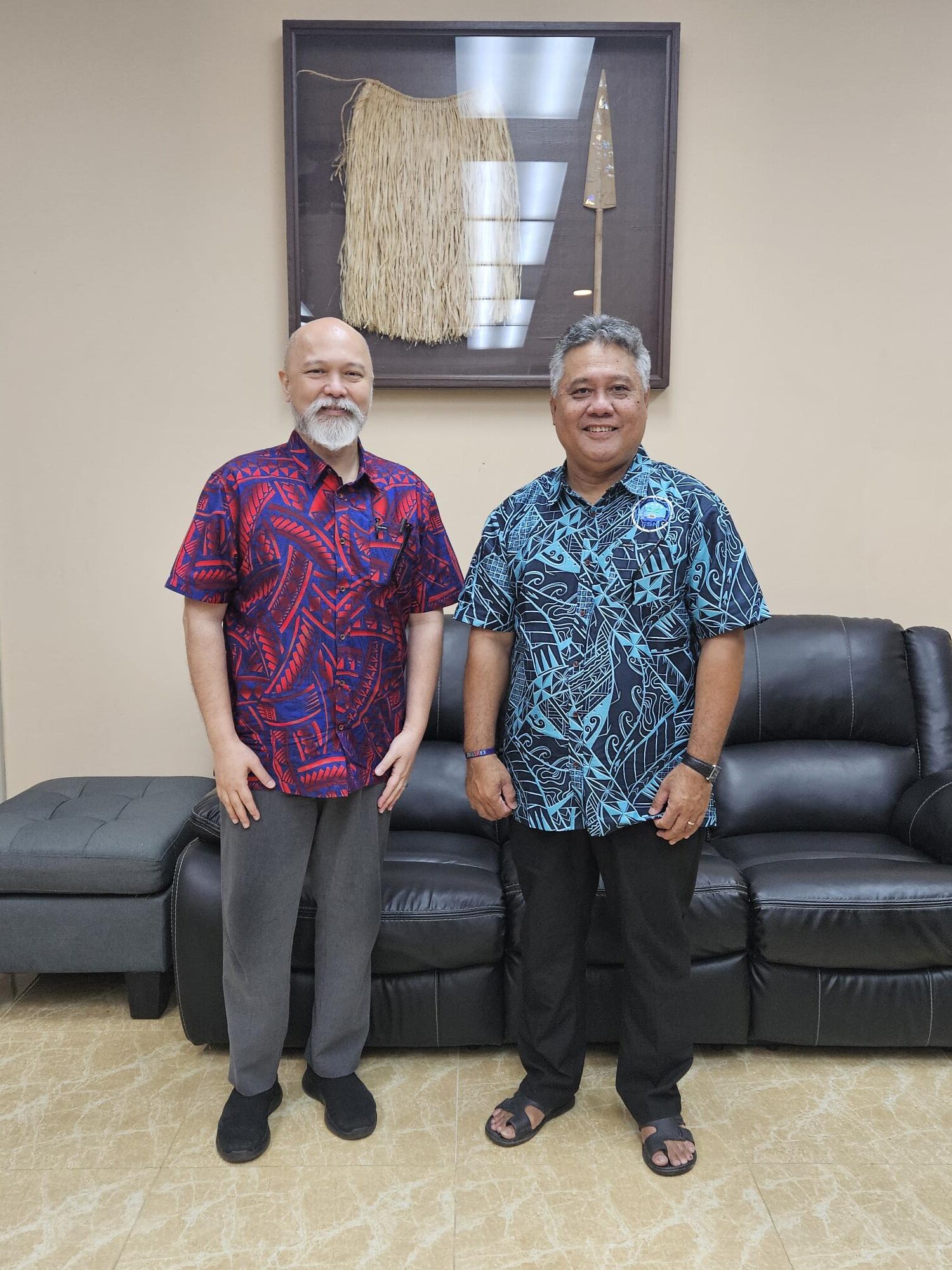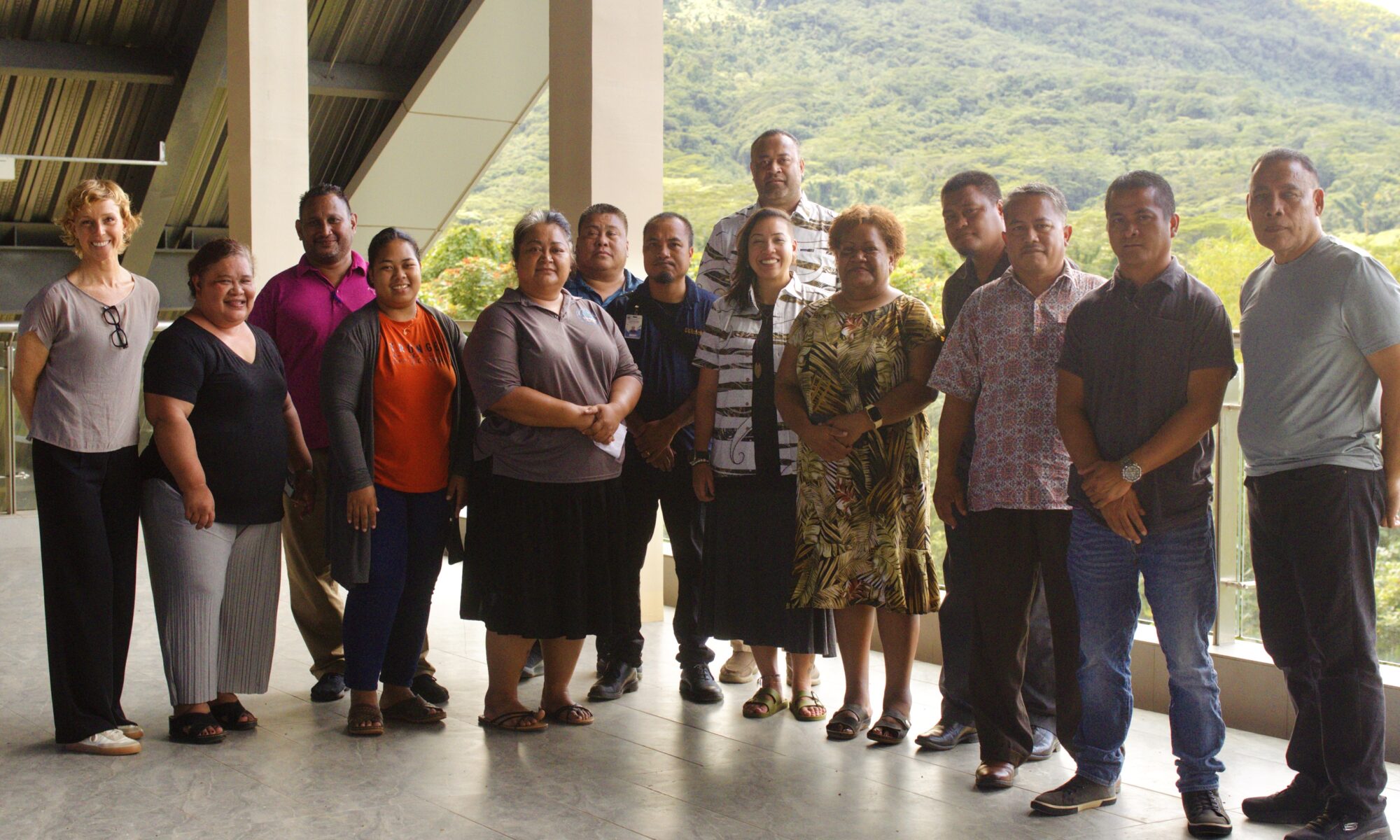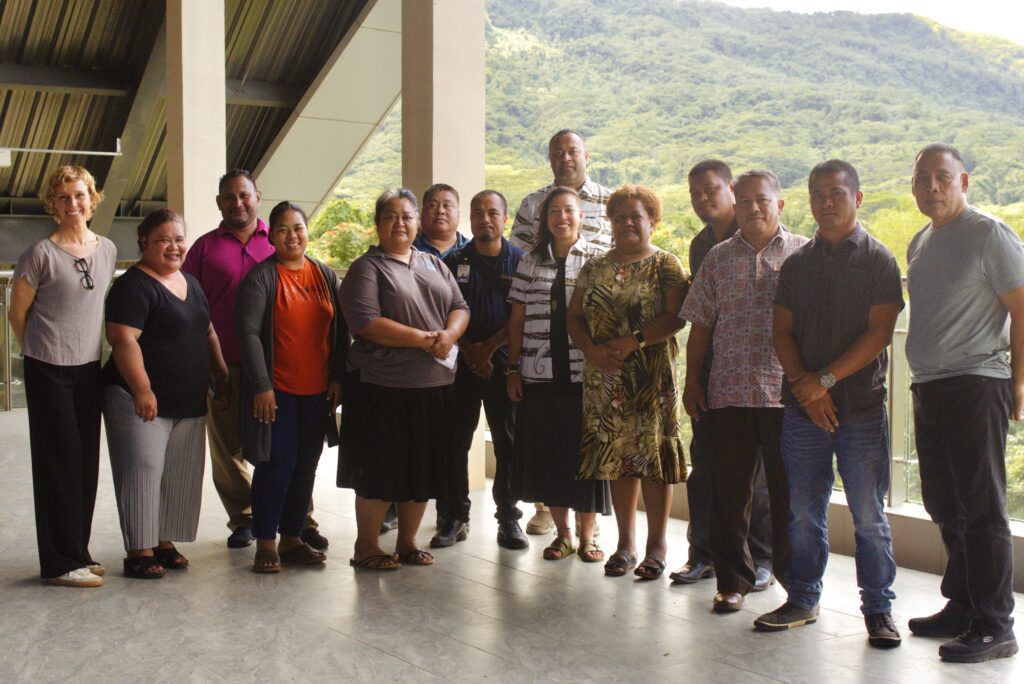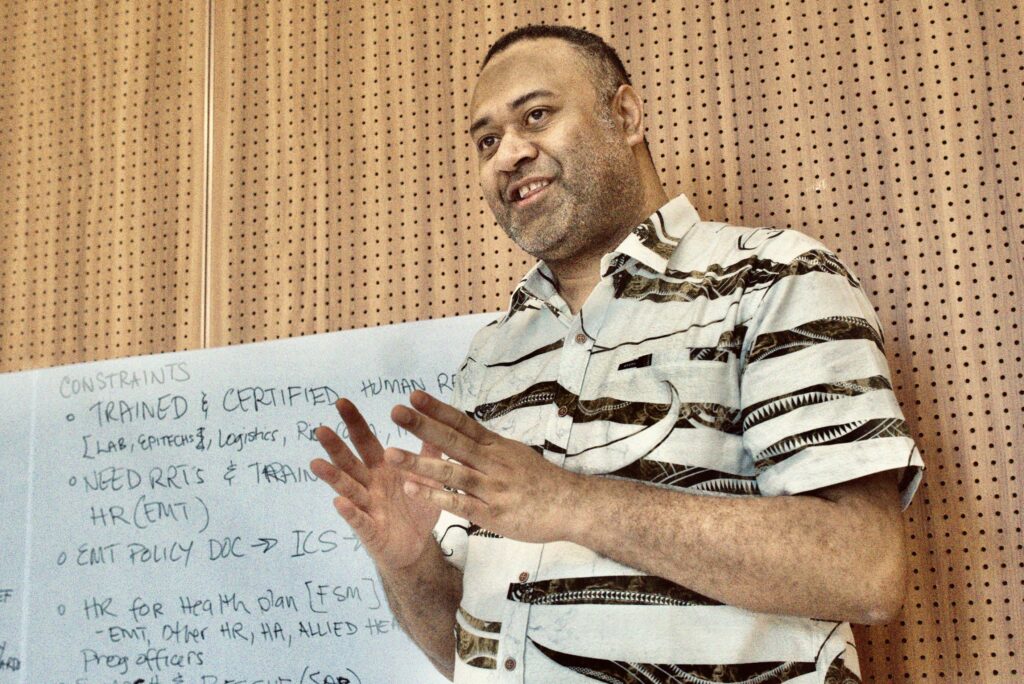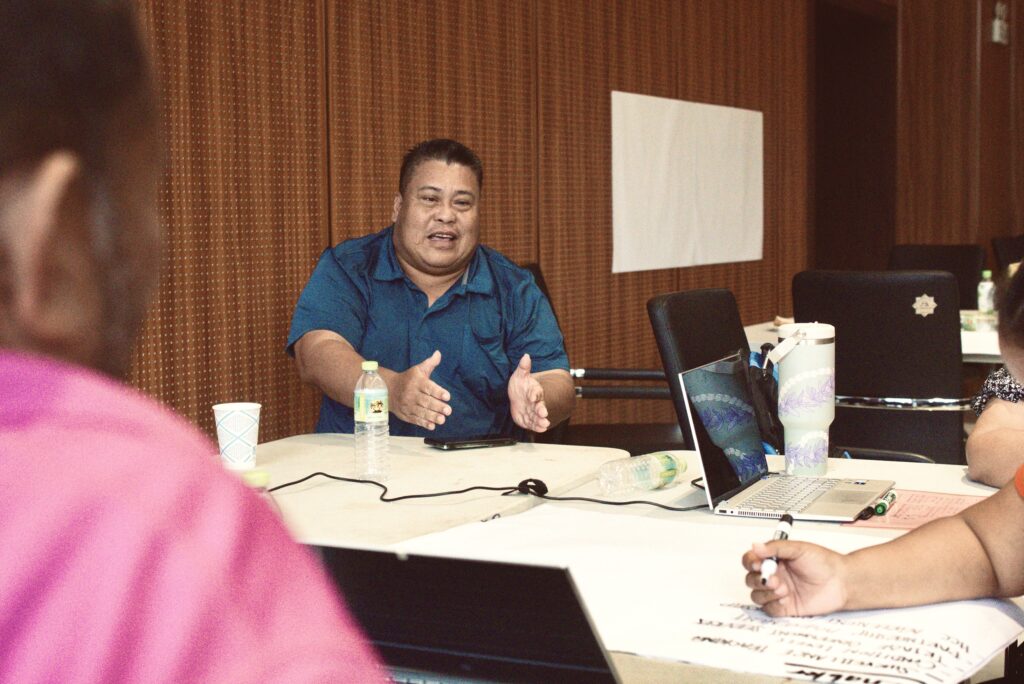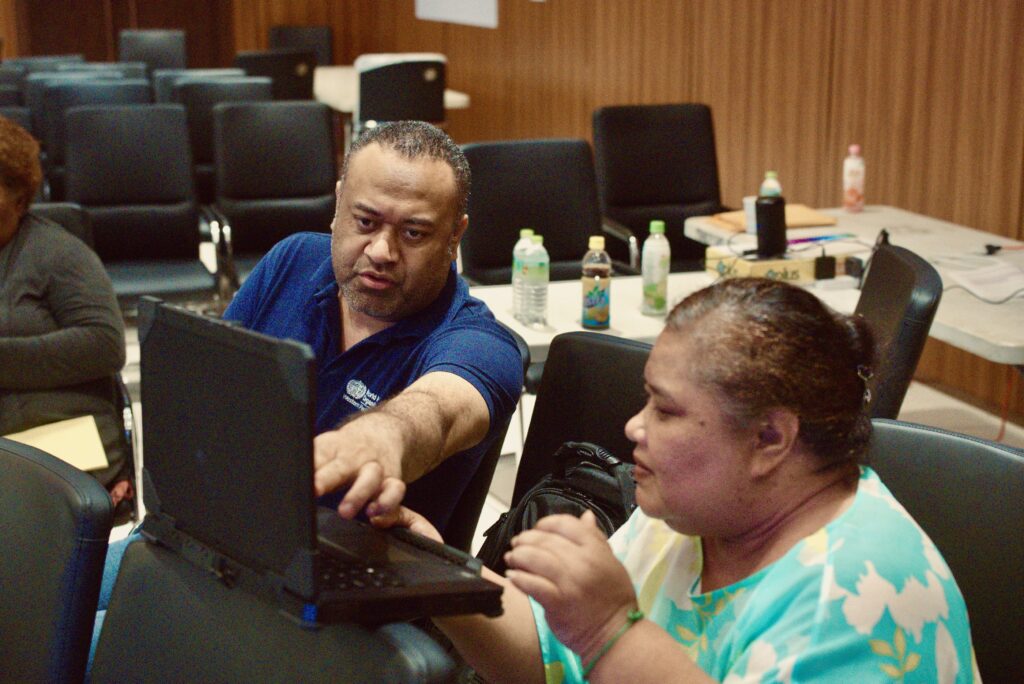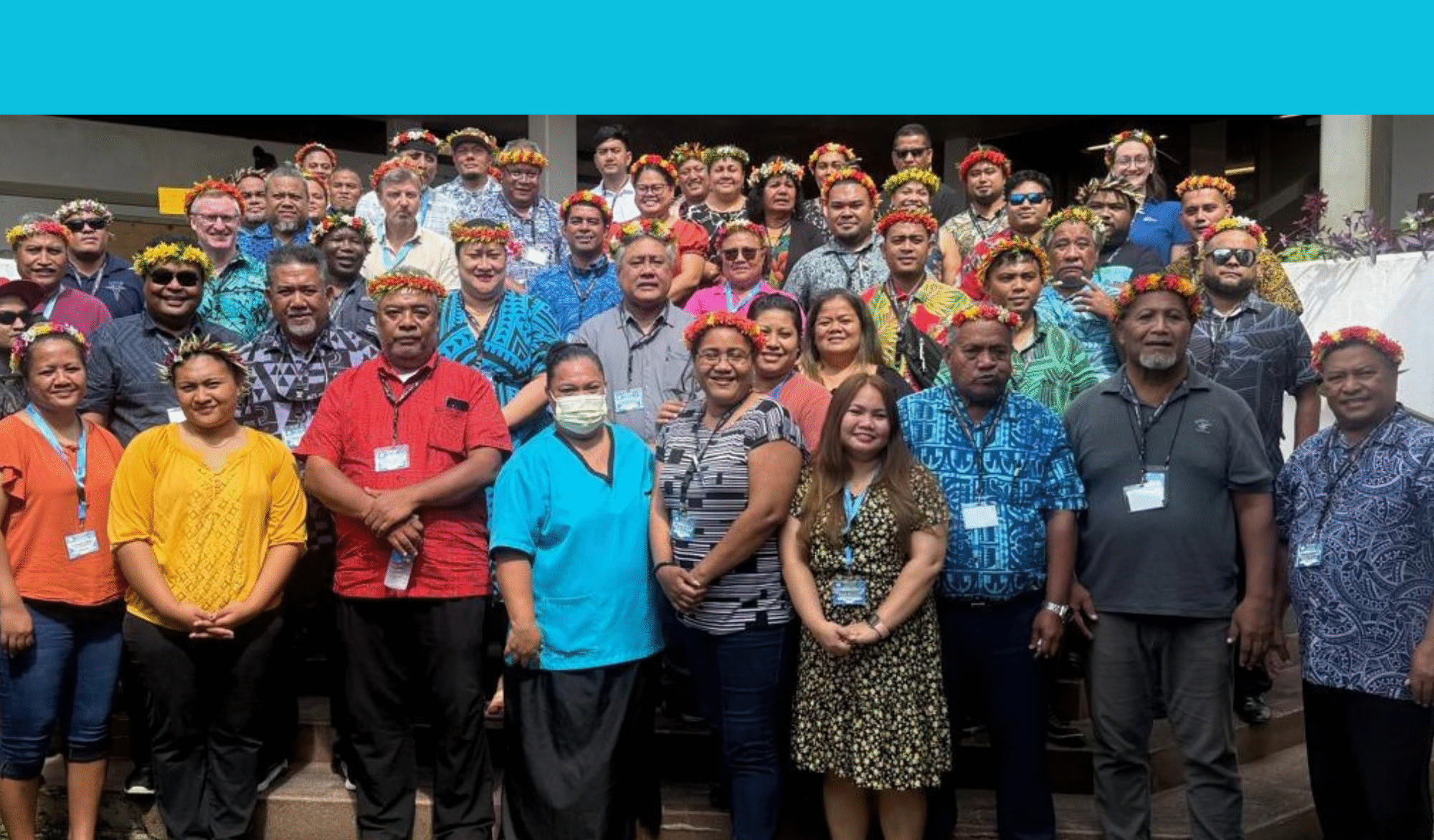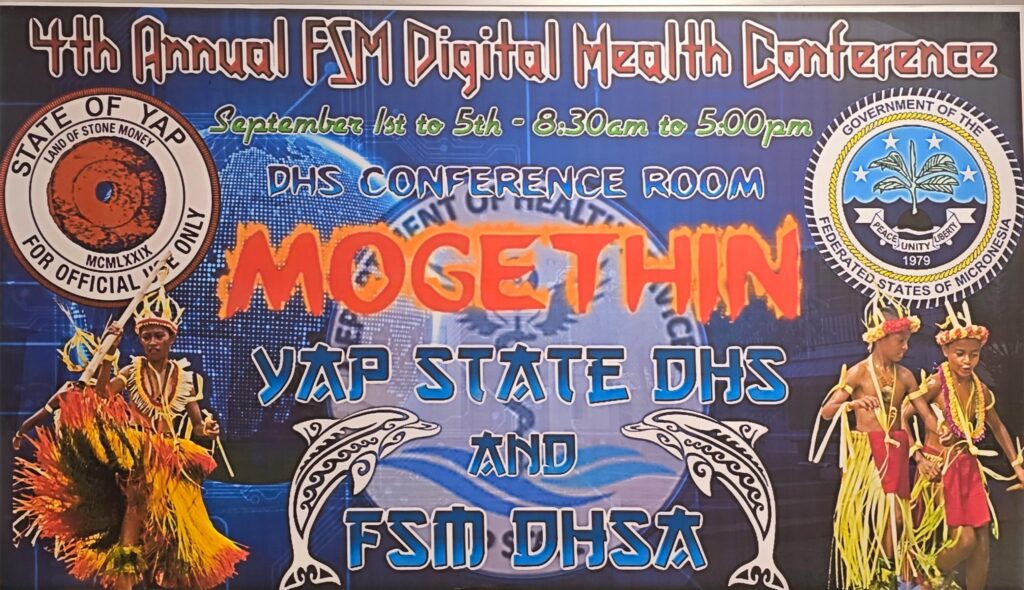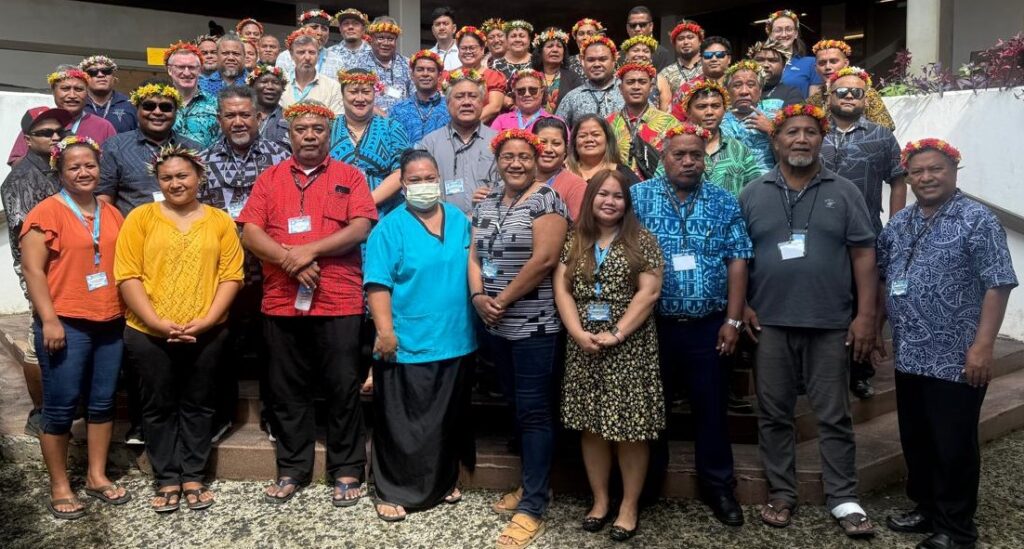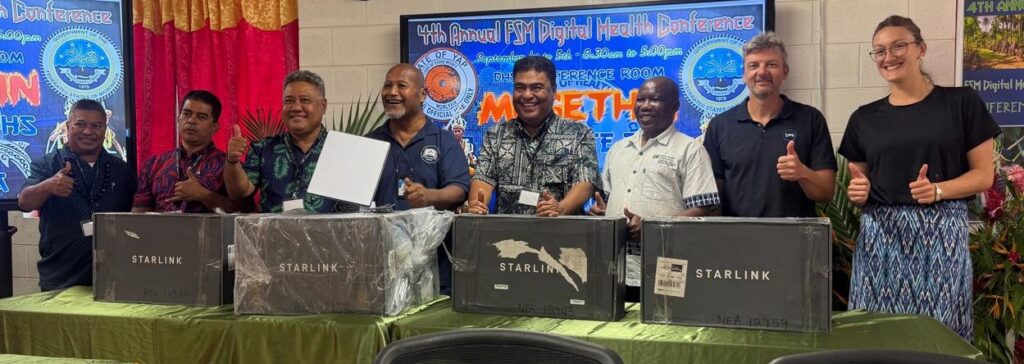November 4-6, 2025 — At the Second World Summit for Social Development, the Federated States of Micronesia (FSM) called for intensified international cooperation and partnerships to address the multidimensional vulnerabilities faced by Small Island Developing States (SIDS). Secretary of Health and Social Affairs, the Honorable. Marcus Samo, who headed the FSM delegation, delivered a compelling statement, highlighting the unique development trajectory of Micronesia and the country’s ongoing commitment to inclusive and resilient development.
“As a geographically remote and climate-vulnerable Small Island Developing State, Micronesia’s development trajectory is uniquely challenging,” Secretary Samo stated. He emphasized that, despite extensive support from the Compact of Free Association with the United States, FSM’s annual economic growth has stagnated at under 0.3 percent over the past two decades, with more than 41 percent of the population living below the basic-needs poverty line. “ This reality is not merely statistical—it speaks to hardship and a compelling need for urgent action,” he said.
FSM continues to face vulnerabilities from external shocks, including instability in global and regional trade and supply chain markets, which disrupt daily life despite the persistence of a subsistence environment. Private sector activity is limited, comprising only one-fifth of GDP, and regional disparities in wages and access to essential services remain pronounced, particularly in rural communities.
Secretary Samo highlighted that poverty in Micronesia is multidimensional, encompassing limited access to education, healthcare, clean water, food security, and full social participation. The combined impacts of the COVID-19 pandemic, frequent natural disasters, and climate change have threatened to widen the development gap between FSM, other Pacific island states, and more developed countries.
Reaffirming Micronesia’s alignment with the 2030 Agenda and the Copenhagen Declaration, Secretary Samo outlined national priorities:
• Creating a regulatory and policy environment that supports private investment and economic diversification.
• Expanding renewable energy and climate-resilient infrastructure.
• Maximizing the value and stewardship of marine resources.
• Promoting food security and healthy living.
He described efforts to strengthen the social protection system, particularly for the informal sector and the most vulnerable. The recently endorsed Social Protection Strategic Plan addresses gender, disability, ageing, and child protection, and the country is intensifying its investments in data collection and cross-sector policy alignment to ensure measurable and accountable progress.
Secretary Samo noted continued challenges of outward migration and workforce diminution, partially mitigated by remittances, and affirmed ongoing gender equality advances through the National Gender Equality Policy.
Micronesia’s Permanent Representative to the United Nations Ambassador Jeem Lippwe, representing the Micronesian delegation in a parallel roundtable dialogue, echoed these priorities and stressed the need for enhanced partnerships and investment to bolster the country’s capacity. “As a small island nation, our capacity to address these challenges independently is limited. International cooperation remains essential,” Ambassador Lippwe stated. He further called on the private sector to foster sustainable growth and on civil society to maintain accountability and advocate for marginalized populations.
In closing, Secretary Samo reiterated that the commitments made in Copenhagen constitute a solemn promise to Micronesia’s people. “The Doha Political Declaration endorsed at this meeting is a reaffirmation. Micronesia stands ready to work with all partners to translate these aspirations into tangible outcomes, so no one is left behind,” he concluded.

